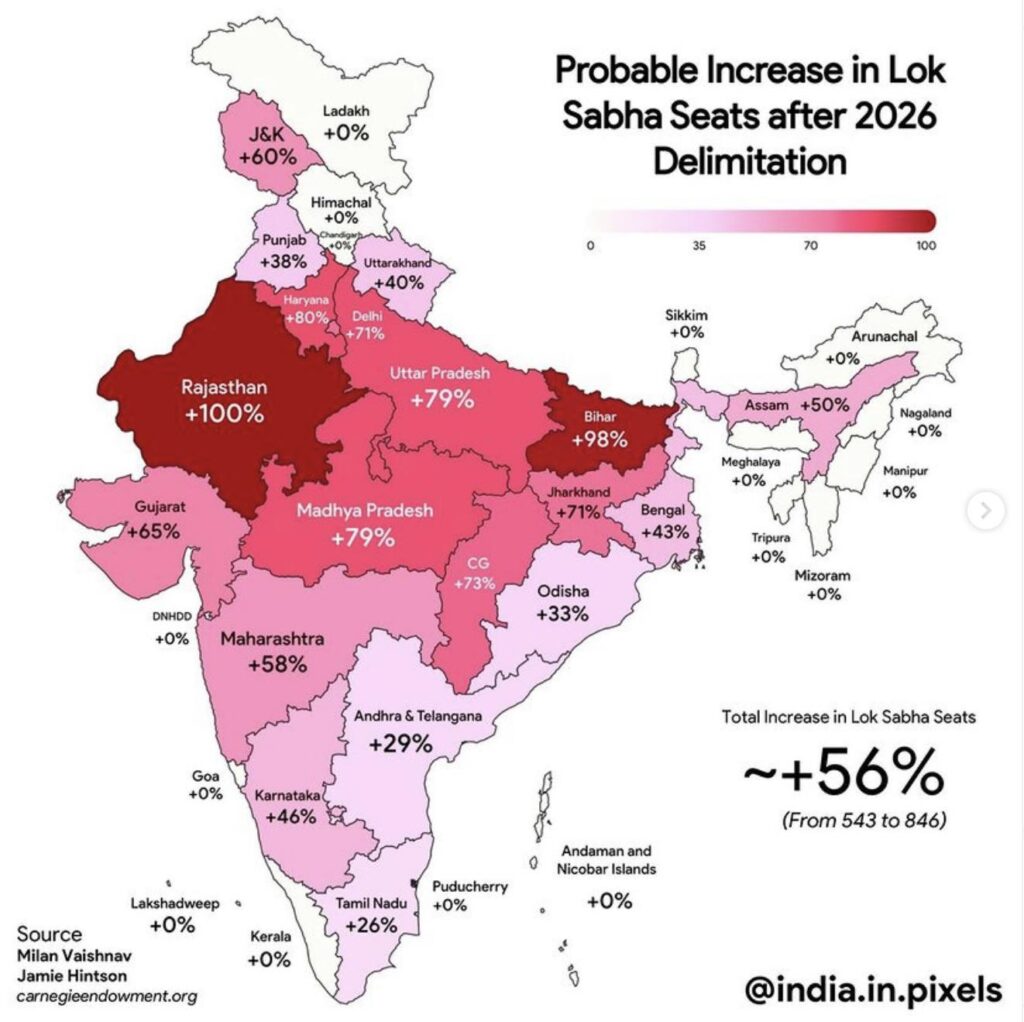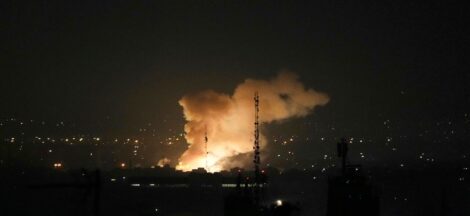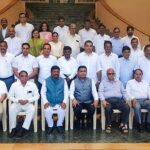Tamil Nadu Chief Minister M. K. Stalin has called on his counterparts in several states to join forces in a united front against what he described as an “unfair” exercise in the delimitation of Lok Sabha seats. The Chief Minister, in a letter dated Friday, reached out to leaders in Kerala, Karnataka, Telangana, West Bengal, Punjab, and Odisha, as well as party heads, inviting them to form a Joint Action Committee to oppose the proposed changes. Stalin’s move signals a coordinated push to challenge the central government’s delimitation efforts, which he claims disproportionately impact the political representation of certain states.
The delimitation process, which involves redrawing constituency boundaries based on population data, is a routine exercise intended to ensure that constituencies reflect demographic shifts. However, Stalin and his allies argue that the process, currently being overseen by the Election Commission of India, is skewed against states like Tamil Nadu and its regional political significance. They believe that the revision will marginalise their voice in the national political sphere.
According to sources, Stalin’s outreach represents a strategic attempt to forge alliances with other regional parties, as well as state governments, which feel that the central government’s approach to the delimitation process undermines federalism. Regional leaders have expressed concerns that the revised seats would diminish their political influence in the national legislature, potentially leading to a stronger central control at the expense of states with a distinct regional identity.
The Chief Minister’s letter underscores his belief that the delimitation process, which he argues is politically motivated, would adversely affect the representation of the southern states in the Lok Sabha. Tamil Nadu, in particular, has long been at odds with the central government over issues relating to political representation and autonomy. This latest move is seen as part of a broader strategy to assert the state’s interests and challenge the growing influence of the central government.
Stalin’s call for a Joint Action Committee has gained significant traction, particularly among regional parties that feel marginalised in national discourse. Leaders in Kerala and West Bengal, both with robust regional movements, have already indicated their support for the initiative. These states have also expressed concerns over the political impact of the delimitation, with some suggesting that it could dilute their influence in Parliament.
The delimitation process, which follows a population-based formula for allocating seats, has come under fire from various quarters. States like Tamil Nadu, where population growth has slowed significantly, argue that they stand to lose out under this system. The allocation of Lok Sabha seats is based on the 1971 census, and although the government has promised to update it based on newer data, critics argue that the system continues to favour states with higher population growth rates, such as Uttar Pradesh, Bihar, and Madhya Pradesh.
Opponents of the exercise, including the All India Trinamool Congress and the Dravida Munnetra Kazhagam , the party led by Stalin, contend that the political consequences of this redistribution will marginalise states like Tamil Nadu and West Bengal, which already face challenges in maintaining adequate representation in the national parliament. As states with a slower population growth rate, Tamil Nadu and others claim that their concerns have been ignored in the central government’s proposals.
Stalin’s appeal for solidarity among regional parties is likely to bring the issue to the forefront of national politics. While the ruling Bharatiya Janata Party remains firmly in support of the delimitation process, citing the need for fair and representative seat allocation, opposition parties are gearing up to launch a collective campaign to ensure that the process does not disproportionately benefit populous northern states at the expense of their southern counterparts.
Political analysts suggest that the upcoming elections could become a battleground for this issue, with regional parties using the delimitation as a rallying point to consolidate their power and challenge the central government’s authority. The issue is expected to gain significant attention as party alliances form in response to Stalin’s initiative, potentially reshaping political dynamics in the run-up to the next general election.
Stalin’s move comes as part of his broader strategy to position himself and his party as key defenders of Tamil Nadu’s rights and regional autonomy. His leadership in mobilising other states reflects a growing concern among southern and eastern states that they risk losing out in national policymaking under the current political climate.




 Supreme Court Issues Notices in Goa MLAs’ Defection Case
Supreme Court Issues Notices in Goa MLAs’ Defection Case 